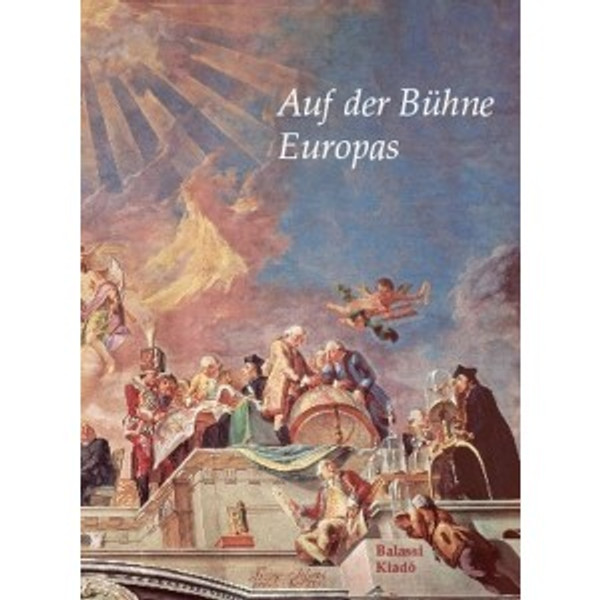Description
Religious Anthropological Studies in Central Eastern Europe
Edited by Ágnes Hesz & Éva Pócs
Product Details
- Title: Religious Anthropological Studies in Central Eastern Europe
- Editors: Ágnes Hesz & Éva Pócs
- Format: Hardcover
- Pages: 390 + 14 colored appendix
- Size: B/5
- ISBN: 9789634560562 / 978-9634560562
- Publisher: Balassi Kiadó
- Language: English
Overview
This volume, Religious Anthropological Studies in Central Eastern Europe, offers a comprehensive analysis of religious traditions, beliefs, and practices in the Central and Eastern European region. Edited by distinguished scholars Ágnes Hesz and Éva Pócs, the book brings together anthropological, ethnographic, and historical perspectives to explore how religious identities and spiritual customs have evolved in this culturally diverse region.
The book delves into topics such as:
✔️ Folk religion and spirituality
✔️ Rituals, myths, and sacred symbols
✔️ Interactions between Christianity and indigenous beliefs
✔️ Contemporary religious movements and transformations
✔️ The role of religion in shaping national and regional identities
This volume is an essential academic resource for anthropologists, historians, theologians, and scholars of religious studies, as well as for anyone interested in the rich spiritual heritage of Central Eastern Europe.
Key Features
✅ Comprehensive study on religious traditions in Central Eastern Europe
✅ Anthropological and ethnographic insights into spiritual practices
✅ Contributions from leading researchers in the field
✅ Richly illustrated with a 14-page colored appendix
✅ Hardcover edition ensuring durability for scholarly use
Interesting Facts
The book includes interdisciplinary approaches, combining history, anthropology, and folklore studies to provide a nuanced understanding of religious practices in the region.
Explores how centuries of political, social, and cultural changes have shaped religious traditions in Central Eastern Europe.
Contains research from multiple countries, offering a comparative perspective on different religious customs.
About the Publisher
Balassi Kiadó is a well-established Hungarian publishing house specializing in academic and cultural studies, with a strong focus on historical, ethnographic, and anthropological research. Their publications contribute to a deeper understanding of Central European traditions and intellectual heritage.
Have you read this book?
Share your thoughts and insights with us!
Hashtags
#ReligiousAnthropology #CentralEasternEurope #Folklore #EthnographicStudies #Spirituality #BalassiKiadó #CulturalAnthropology #ReligiousStudies










